One of the most important conferences in Apple's recent history is over, and many fans are certainly interested in how the transition to new generation Apple Silicon processors will affect existing Macs. After all, already in June, the apple company boasted that it wants to support both lines of processors at the same time and will try not to disadvantage either party too much. And as the manufacturer promised, he will most likely deliver. The technology giant also revealed its grandiose plans at today's conference and promised that even if it will fully focus on the production of Apple Silicon chips and, according to its words, change the entire model range within two years, it will not send Intel to silicon heaven just yet. In particular, this claim applies to software updates, where there was considerable concern that owners of existing models would see a gradual decline in support - both for macOS and third-party software.
However, Apple's plan envisages simultaneous development of macOS for both Intel and Apple Silicon processors for the next few years. In the case of the latter chips, slightly better optimization and greater interest from developers can be expected, however, support will not end even after the end of hardware production. And there is nothing to be surprised, after all, a revision of the 27″ iMac was released in August, and it would be somewhat unfair to customers if a similar scandal occurred. Either way, Apple didn't delay much not only in the announcement, but also in the start of sales. Devices with Apple Silicon, specifically M1 chips, are already available. Specifically, you can already buy the new MacBook Air, 13″ MacBook Pro and Mac mini. We'll see if the Apple company follows through on its plans and doesn't leave users in the lurch.
- Newly introduced Apple products will be available for purchase in addition to Apple.com, for example at Alge, Mobile Emergency or u iStores
It could be interest you
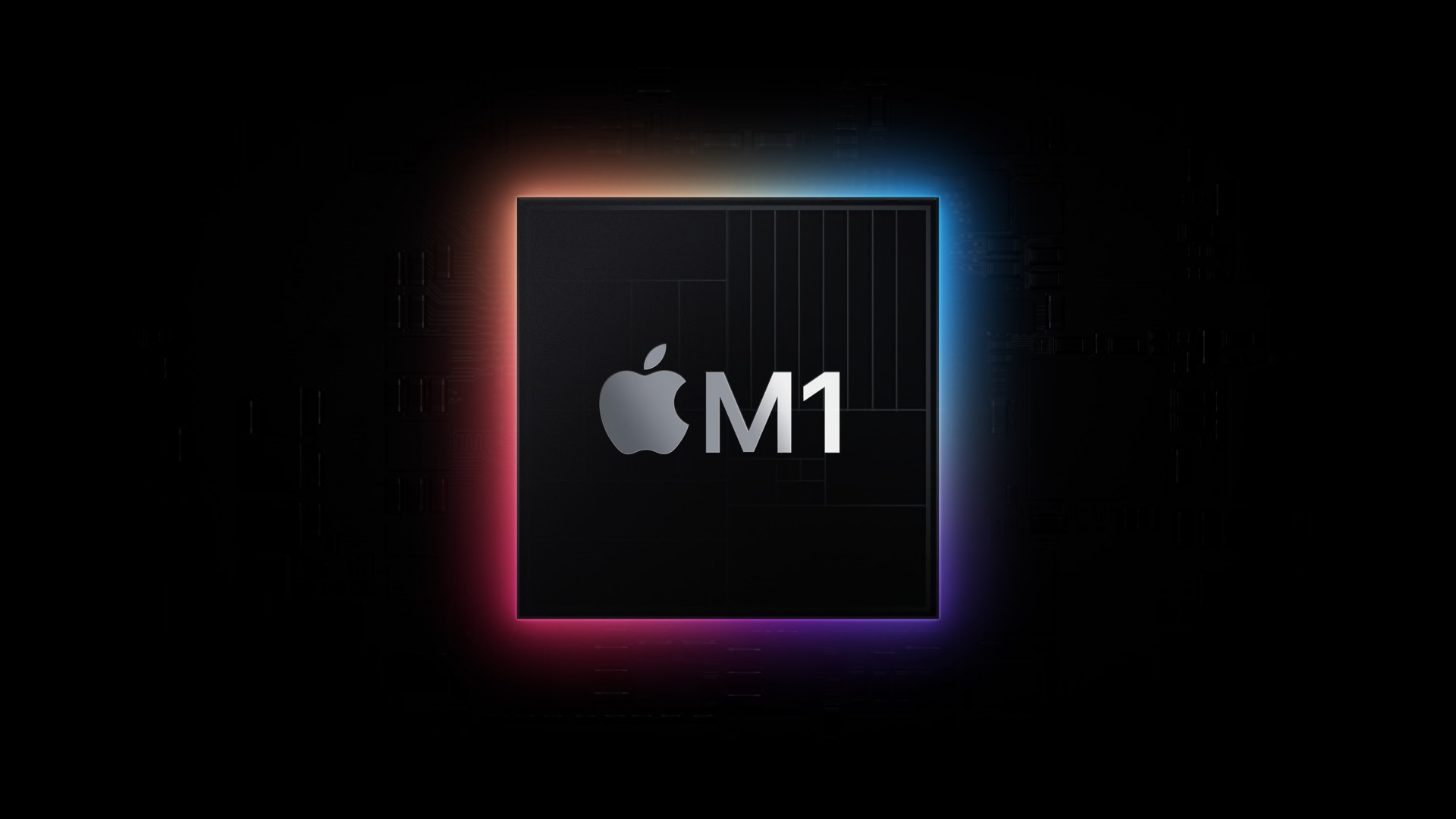
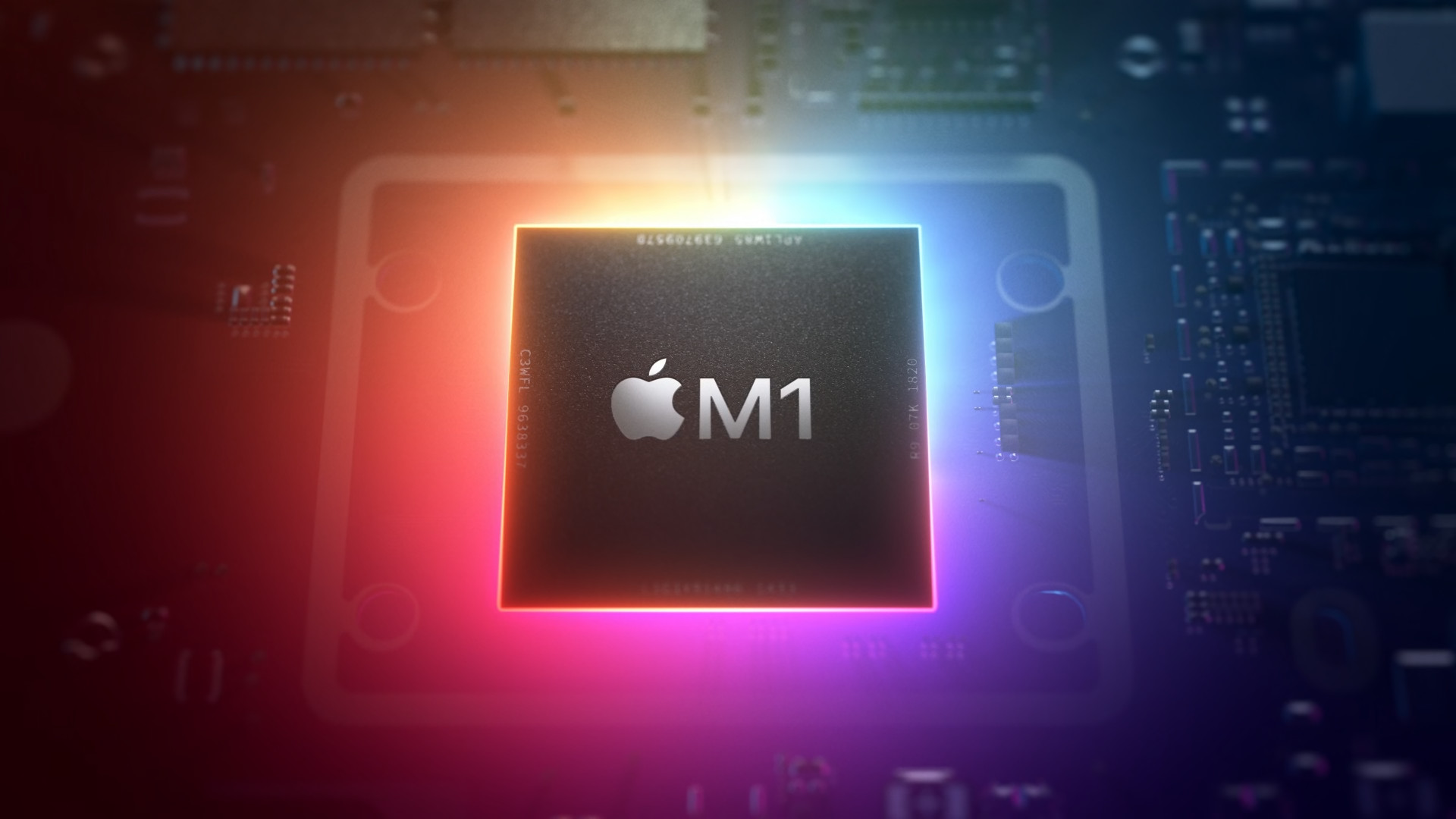



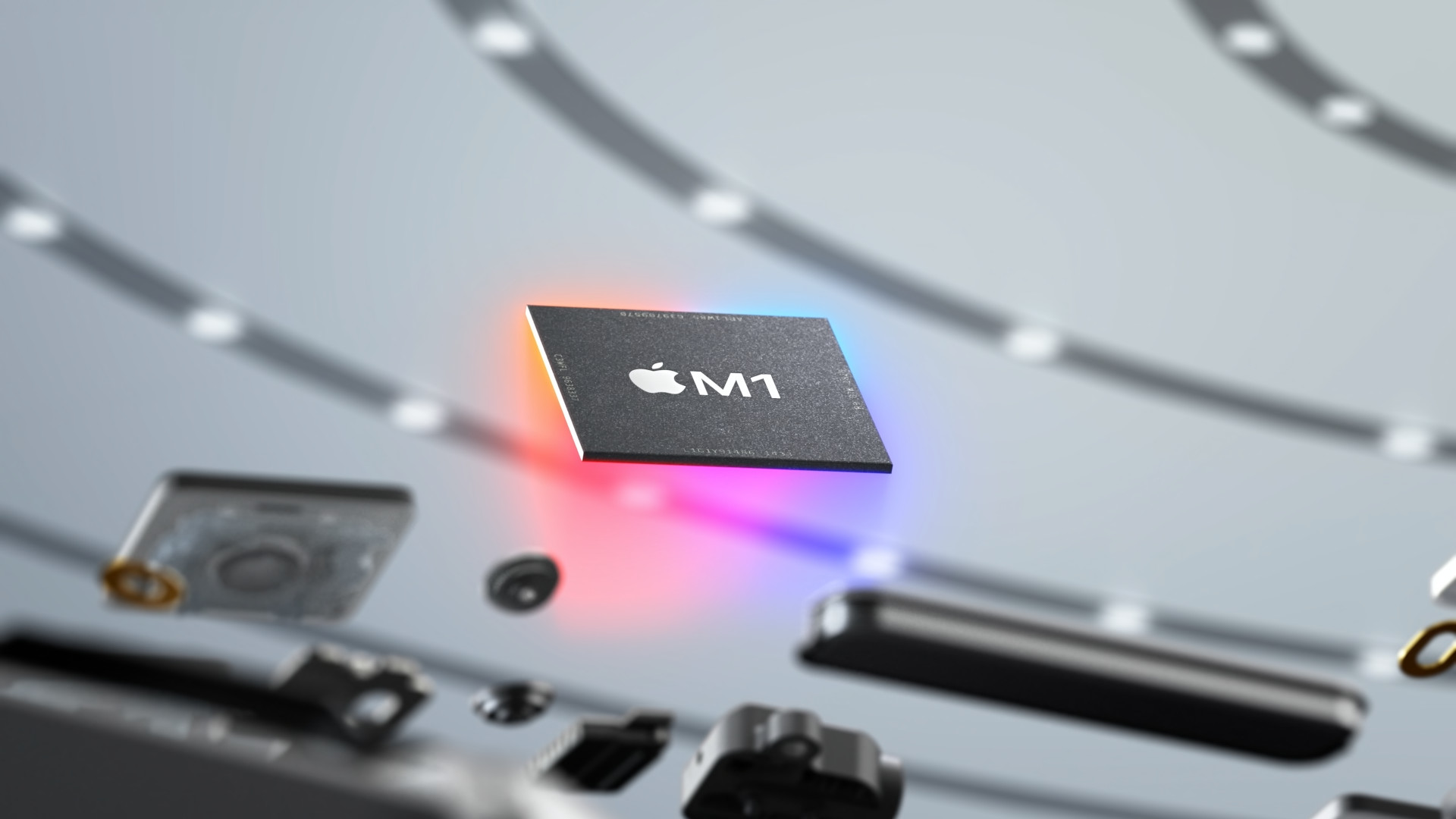
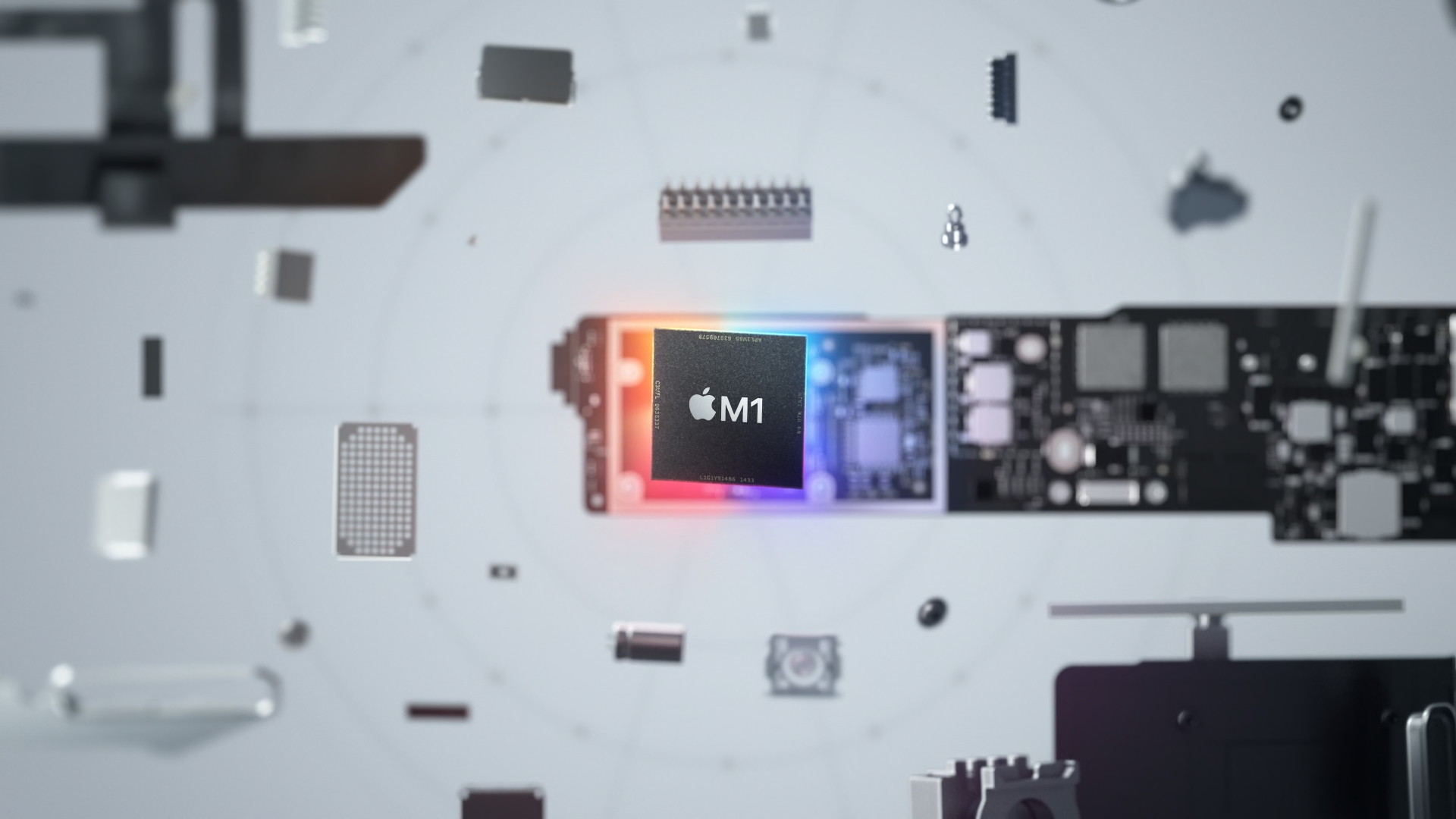
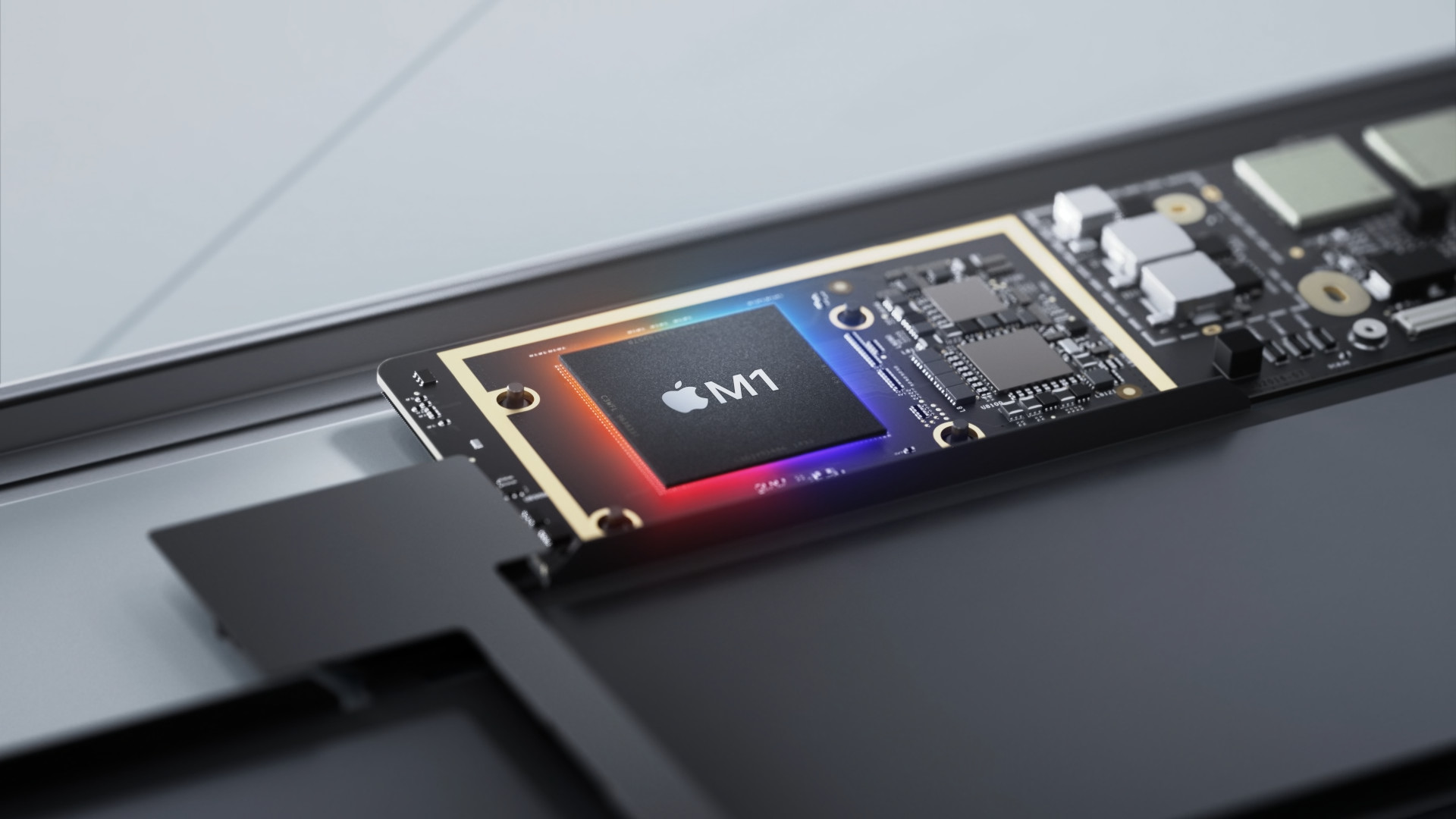
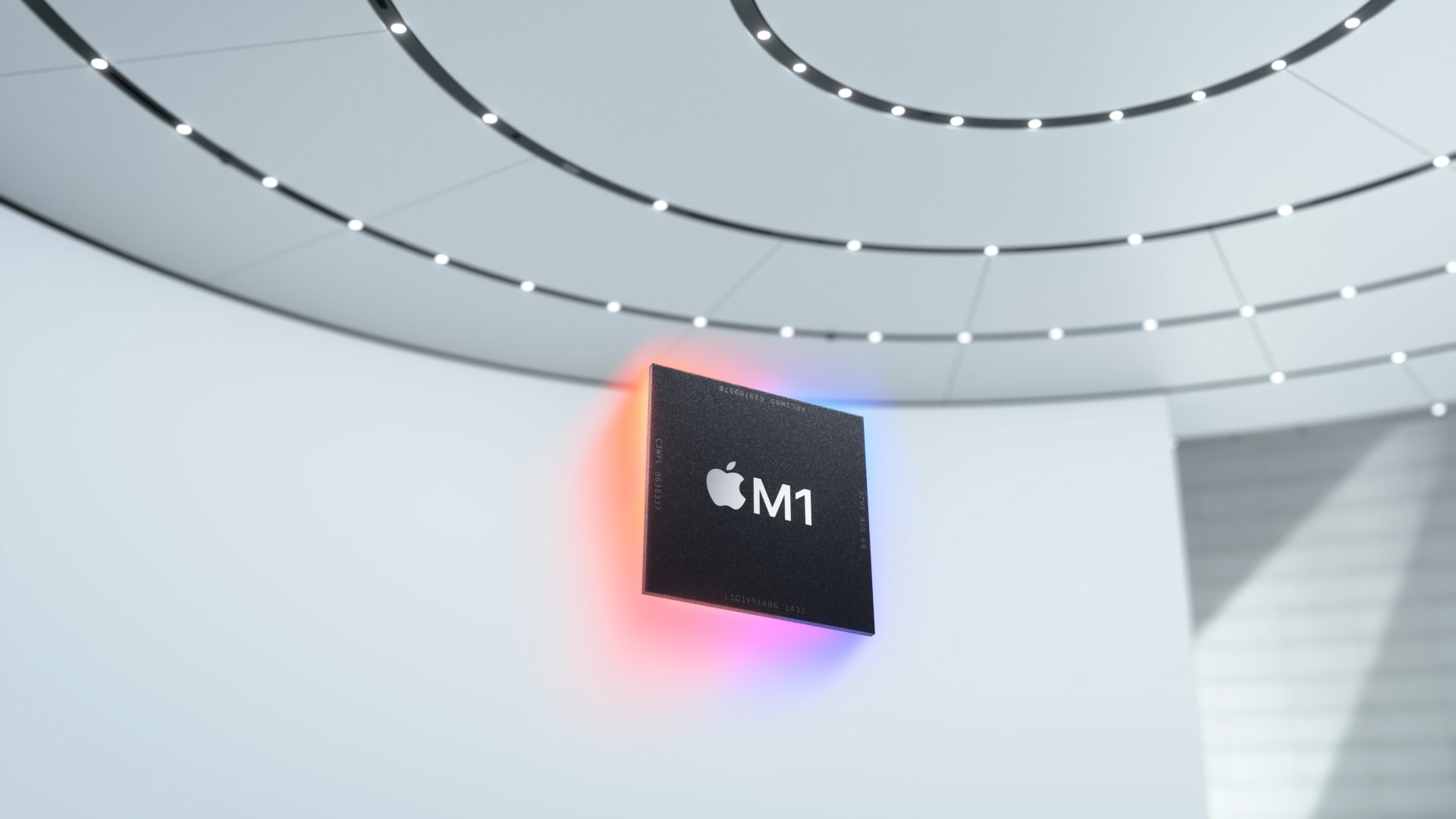

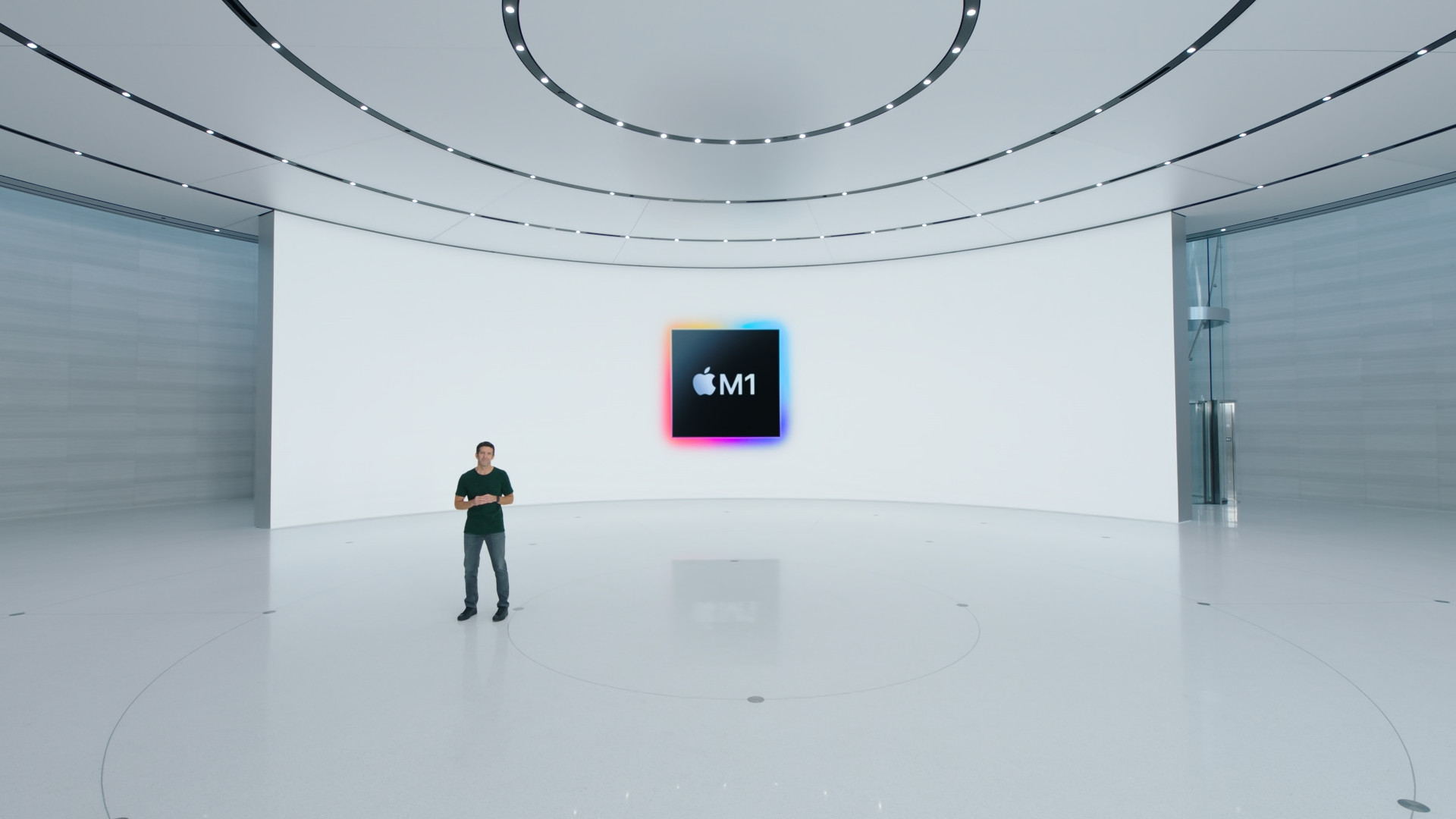
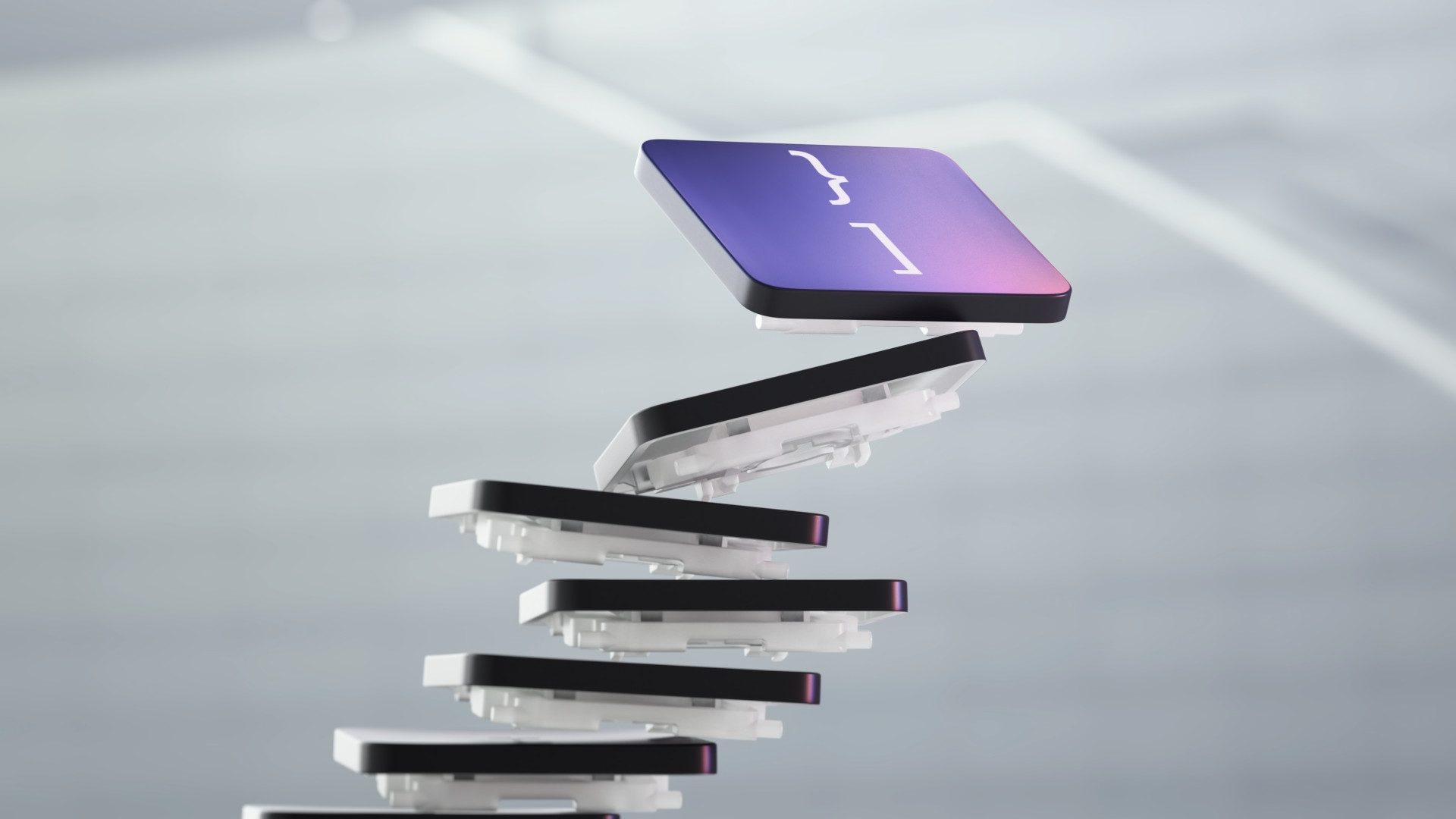

you are already disgusting with the word apple, aren't you from Moravia?
what does that have to do with it?
..the interviewer will probably be from Czechia..
Well, I wonder if virtualization will work on the M1 and it will be possible to install Windows there without any problems - unfortunately, I can't do without them - if not, then for me it will be - despite all the bombastic marketing talk - a complete and unequivocal NOGO
I agree, that's how I virtualize and without parallel Windows, unfortunately, not even a shot. Kuoo but I went Pro 13 before the holidays and so what, now I'd have to hunt elsewhere :-(
I am waiting for the results of the "independent" tests. If they don't fall in, I'll probably reach for AIR.